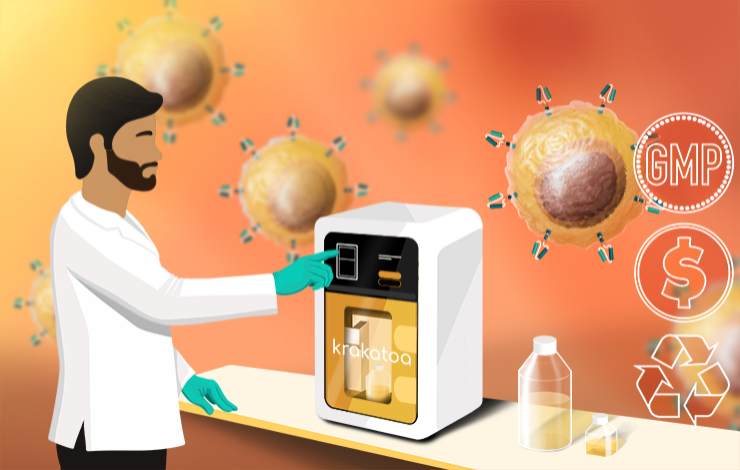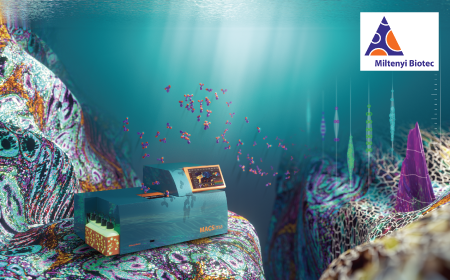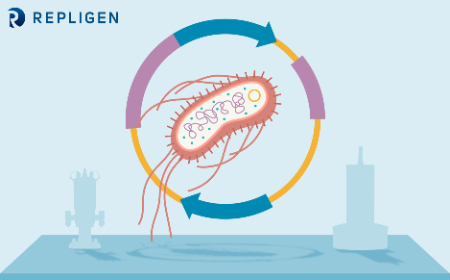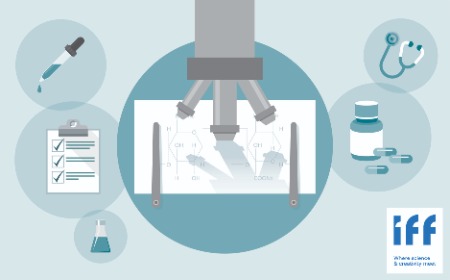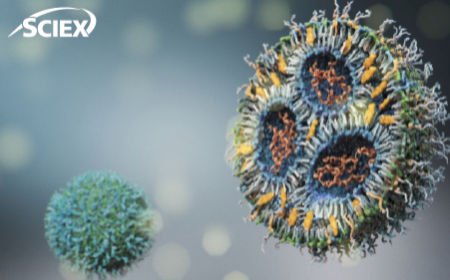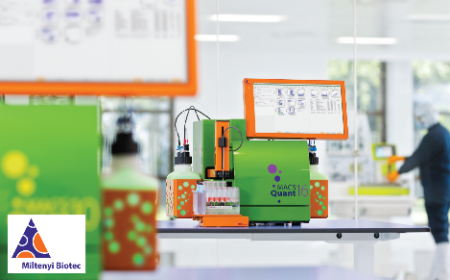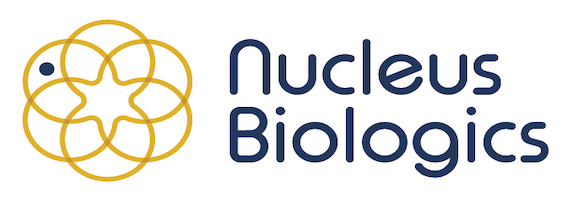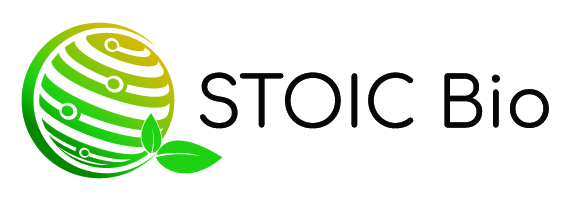Although cell therapies have shown great potential to treat life-threatening conditions such as cancer, they have yet to realize widespread adoption, due to some critical roadblocks, including financial and environmental costs.
The development process of cell therapies is extensive and requires a unique combination of expensive reagents and consumables, equipment, and experience to safely deliver a living drug to patients. Cell culture media and buffers customized and optimized to the growth characteristics of a specific cell type can positively impact critical aspects of development such as transduction efficiency, population doubling, yield, and maintenance of relevant phenotypes. This can greatly increase the therapeutic potency and expedite processes to accelerate time to market while reducing costs.
If custom media and buffers can streamline development significantly, why doesn’t everyone use custom designed media and buffers? Iterating media and reagents can be a time-consuming and costly process considering the amount of time needed for researching and sourcing components, and money spent on shipping, storage, quality control, validation of components, and waste from single-use plastics and minimal order volumes. Current scientific findings related to our environment paired with recent regulations and initiatives are telling. Future therapies and processes must ensure responsible environmental stewardship in addition to advanced curative potential. Nucleus Biologics and Stoic Bio’s ecosystem, including the award-winning NB-AIR™ and Krakatoa™, can simplify the process, reduce cost, and facilitate sustainable science.
In this webinar, joined by collaborators from the University of Pennsylvania and the Center for Breakthrough Medicines, we will cover how high quality GMP products such as custom media and buffers can improve processes, optimize critical quality attributes, and change the paradigm of cell culture science from research and development to bioreactor scale production.
- How to expedite CAR-T process and what role custom media and reagent formulations play in this process
- How a custom designed formulation (NB-ROC™) was designed to increase transduction efficiency up to 3-fold over competing formulations
- How custom buffers can support efficient process development and improve product yields to support development
- How Krakatoa media manufacturing system and the Nucleus Biologics media design ecosystem can support faster iteration with reduced environmental impact

Saba Ghassemi
Assistant Professor, Center for Cellular Immunotherapies, University of Pennsylvania Perelman School of Medicine
Dr. Saba Ghassemi is an assistant professor in the Department of Pathology and Lab Medicine at the University of Pennsylvania and a Principal Investigator at the Center for Cellular Immunotherapies. Her research focuses on optimizing CAR T cells for adoptive immunotherapy, using a multidisciplinary approach that combines engineering with CAR T cell immunology to develop potent CAR T cells. Dr. Ghassemi was the first to develop an abbreviated culture paradigm, leading to less differentiated progeny with improved potency in xenograft models of ALL, which resulted in a successful clinical trial at UPenn using a 3-day manufacturing process. She employs advanced techniques to abbreviate the ex vivo CAR T cell culture process to less than 24 hours. Dr. Ghassemi's work has been recognized through several research grants and patent applications to improve CAR T cells' efficacy, expansion, and fitness for adoptive immunotherapy. Dr. Ghassemi's ongoing research endeavors involve optimizing, streamlining, and automating the manufacturing process of CAR T cells, with the ultimate goal of enhancing the translational applicability and accessibility of these novel therapies to a wider range of geographical locations and patient populations.

Roddy O’Connor
Research Assistant Professor, Center for Cellular Immunotherapies, University of Pennsylvania Perelman School of Medicine
Dr. O'Connor's research emphasizes novel conditioning strategies and genetic approaches to confer unique metabolic attributes to CAR T cells. In collaborative research with Nucleus Biologics, Dr. O'Connor developed a customized, cGMP grade, CAR T cell culture medium for the University of Pennsylvania (UPenn) clinical sector. In a recent paper, he shared how this state-of-the-art medium formulation enhances CAR T cell potency and anti-tumor function. As medium composition can obscure metabolic responses induced by CAR co-stimulation, he recently designed a physiologic medium specifically for the Seahorse assay (Agilent Thought Leader Award). His team were also the first to show how nonnative enzymes increase the resilience of CAR T cells against metabolic (lactate, hypoxia) and immune (Siglec) checkpoints in solid tumor environments.
His expertise in T-cell metabolism has been recognized through an Award for Excellence in Immunology (AAI) and exemplified by several industry sponsored research alliances with Seahorse Bioscience, Nucleus Biologics, and Agilent. At UPenn, his team is now poised to translate our advances in CAR T cell metabolic fitness to target various malignancies and auto-immune diseases. Dr. O’Connor is a highly regarded expert in CAR-T cell metabolism and has presented his findings at AAI, ASGCT, and the CAR-TCR Summit. Dr. O’Connor co-organizes the annual metabolomics symposium at UPenn and has presented several workshops as well as a webinar series with Nucleus Biologics on CAR-T cell metabolism.

Avi Nandi
Chief Technical Officer, Centre for Breakthrough Medicines
Avi Nandi is the Chief Technical Officer at The Center for Breakthrough Medicines. He has 15+ years of industry experience in Gene Therapy, Viral Vectors, and Vaccines with a MS in Biology and MBA and has contributed to the regulatory approval of ZOLGENSMA in US and 10+ Rest of World markets.
Avi supported a pipeline of gene therapy products in development from preclinical to Phase III development and led development and implementation of 4 gene therapy manufacturing processes across 4 GMP and 3 laboratory sites.
He also has 10+ years experience in vaccine and viral vector development including, AAV, adenovirus, herpesvirus, alphavirus, lentivirus, and RNA. His past experiences include: AveXis / Novartis Gene Therapies – Head of Technical Development, Seqirus / CSL – Head of Virology and Cell Culture, Process and Product Development Lead, Novartis Vaccines and Diagnostics – Technical Development Scientist, R&D Microbial and Molecular Scientist Harvard Medical School – Viral Pathogenesis Scientist
Kimberly Negrin
Business Unit Leader, Stoic Bio
Dr. Kimberly Negrin is a scientist with an entrepreneurial spirit and passion for building business relationships. She is an accomplished strategy and business operations leader in the cell and gene therapy (CGT) industry. Prior to joining Stoic Bio, Dr. Negrin played a leadership role for HemaCare (a Charles River company) overseeing and supporting clients as they mature through research, clinical, and commercial development of novel engineered and manufactured cell therapy products and applications. She previously worked at Agilent Technologies and Seahorse Bioscience. Dr. Negrin completed her doctoral training at UMass Medical School in the Department of Molecular Medicine, where she earned her Ph.D. in Biomedical Science.
